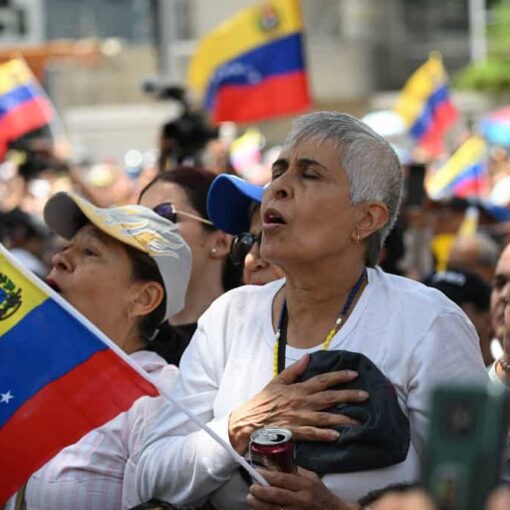The roadblocks initiated 25 days ago in Panama against a controversial mining contract have caused losses of 1.7 billion dollars, the country’s main business association said on Tuesday.
The protests, which have caused at least four deaths – two shot by a Panamanian American at a roadblock – erupted on October 20 when Congress approved a contract signed by the government allowing Canadian company First Quantum Minerals to operate the largest open-pit copper mine in Central America for 40 years.
“We have estimated losses of 1.7 billion [dollars] so far in this process of road closures,” said the president of the National Council of Private Enterprise (Conep), Rubén Castillo Gill.
Tons of damaged agricultural products, lines of trucks and cars stuck in blockades, an exodus of tourists, closed schools and unrelenting marches have plagued the country for four weeks, in the largest protests since those more than three decades ago against the dictatorship of Manuel Noriega.
“We are giving an international image of an anarchic country, a country that is heading for the precipice,” Castillo said at a press conference.
“A significant proportion” of micro, small and medium-sized companies “are starting to close their doors. We are compromising the nation’s future,” added the leader of Conep.
On Thursday, the police announced they would use all “necessary force” to clear the roads, but the situation has not changed since then. President Laurentino Cortizo has been criticized for his inaction.
The Banking Association of Panama stated in a statement that “the disturbances have also affected Panama’s appeal as a quality destination for foreign investment.”
To quell the protest, Congress approved a moratorium on metallic mining on November 3, but left the future of the contract in the hands of the courts, satisfying environmentalists but not the construction union or teachers, who maintain the blockades.
The government and the mining company argue that the mine generates 50,000 jobs, contributes 5% of GDP and the contract includes minimum annual contributions to the State of 375 million dollars, ten times more than the original 1997 agreement signed under unfavorable conditions for the country.
Source link
Tico Times



